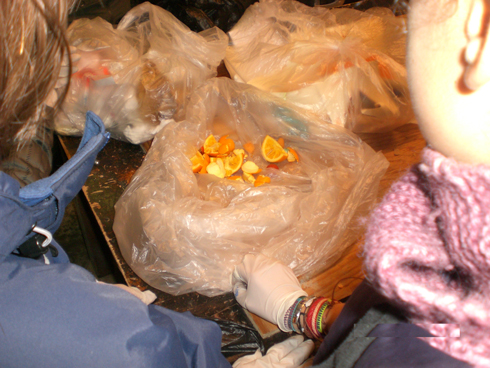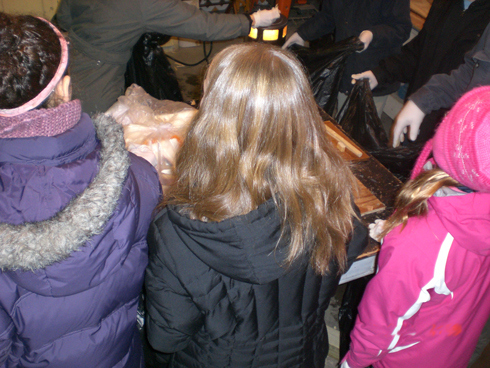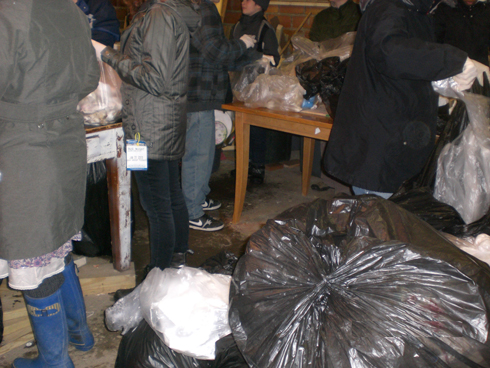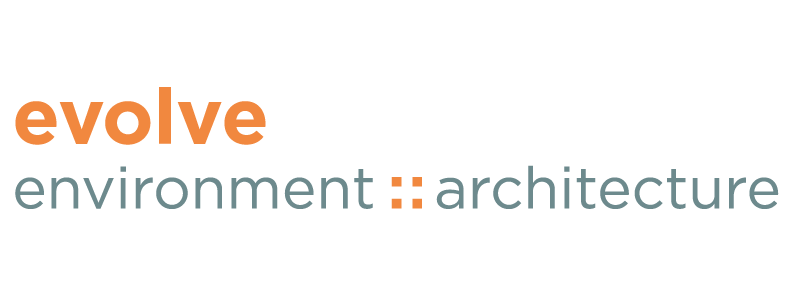Waldorf School of Pittsburgh Students Engaged in Sustainability Initiatives
In alignment with our approach to greening People, Process, and Place, we are working with the Waldorf School of Pittsburgh (WSP) to integrate sustainability into the school’s campus planning, operations, and curriculum. This process includes close collaboration with all members of the school’s community—teachers, administrators, board members, parents, and students—and will impact the Waldorf School of Pittsburgh’s current planning for expansion.
So far this month, evolveEA has facilitated community input through design thinking exercises at WSP’s All Community Meeting, where the agenda comprised of:
- Sustainability at the Waldorf School of Pittsburgh;
- Expansion master planning;
- Future Community Meetings focused on our educational vision, our campus, and our values.
Along with WSP’s core leadership, we explained the process of addressing issues of sustainability by engaging all members of the WSP community at various intervals throughout this effort.

Next we visited WSP on a Tuesday morning and got WSP students directly involved in a waste audit of the school facility. Students were excited to become active participants in surveying one week’s worth of waste in order to understand the impact the operation of their school has on the environment. This activity is one of many ways we are helping WSP involve students in implementing sustainable operations at their school. By surveying the school’s waste, we can design more efficient systems to reduce trash at the source and divert large portions of it to composting and recycling.

Kids easily understood the concept of cutting waste when a week’s worth of trash was on display in front of them. They also learned that certain materials which made up large portions of their waste could be easily diverted away from landfills. This activity represents one of many ways to engage students in a process of continuous environmental improvement. Over time, students at various grade levels can participate in systems that will cut more waste, save more energy and water, and address numerous other sustainability goals for the WSP community.

At the administrative level, the waste audit will inform WSP in ways that can improve its supply chain, strategically cut operational waste, and guide students and teachers in integrating such lessons into the day-to-day experiences of WSP students.

